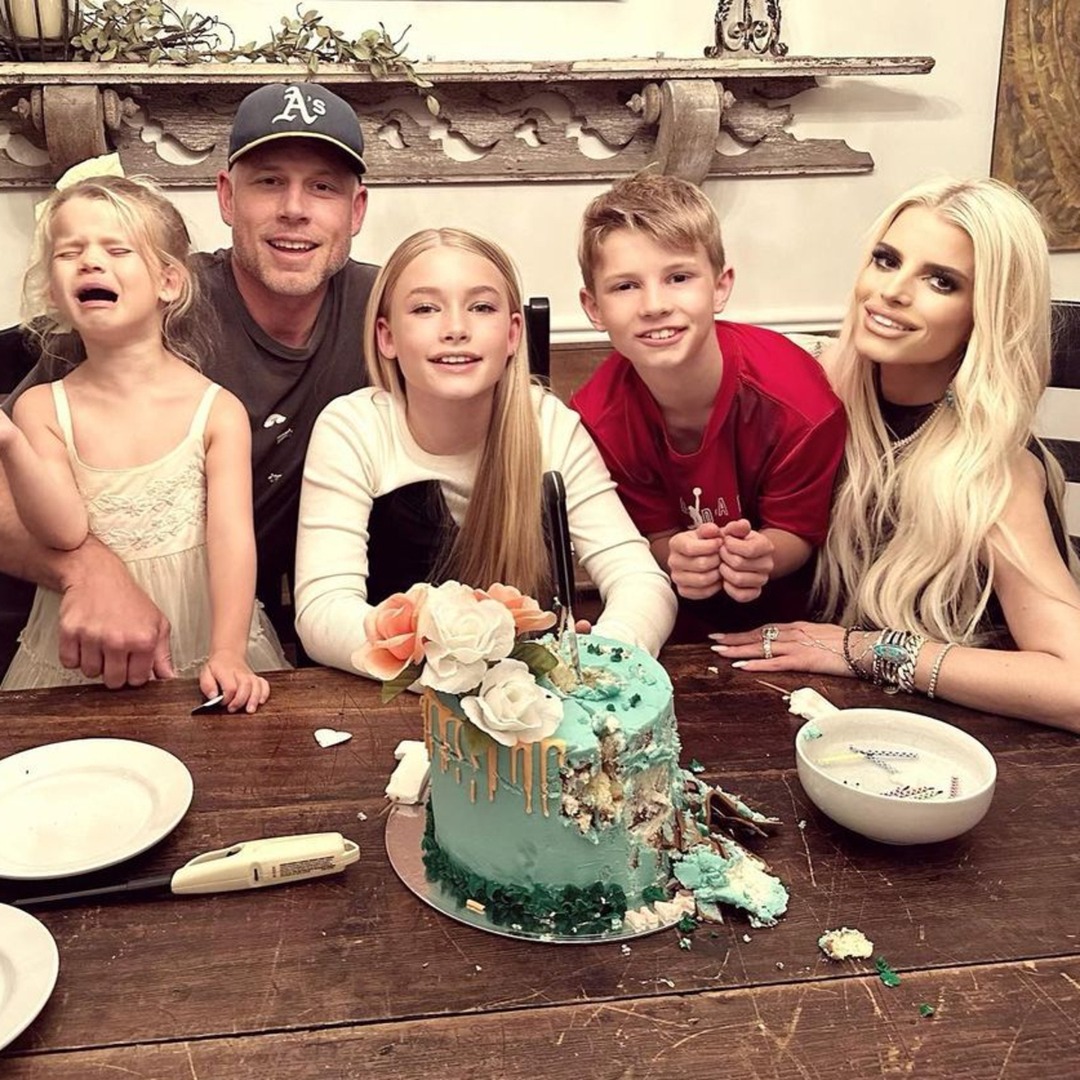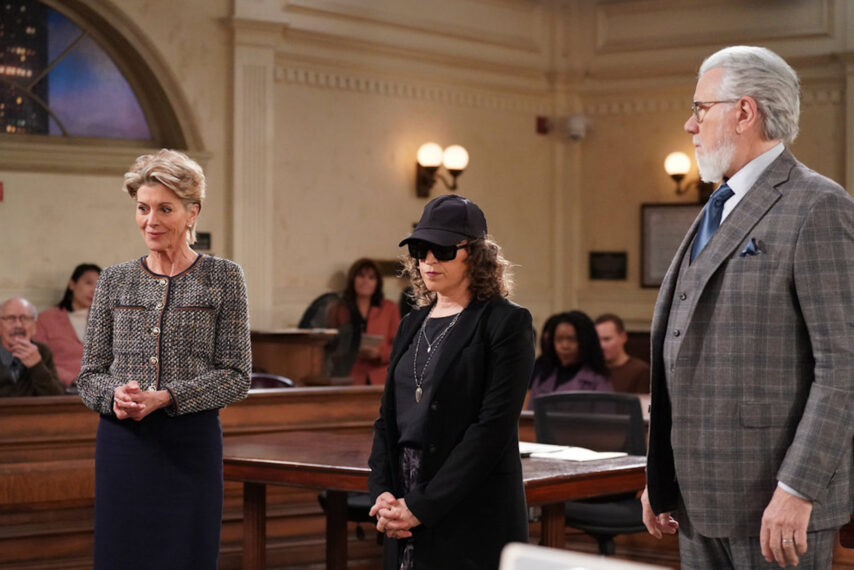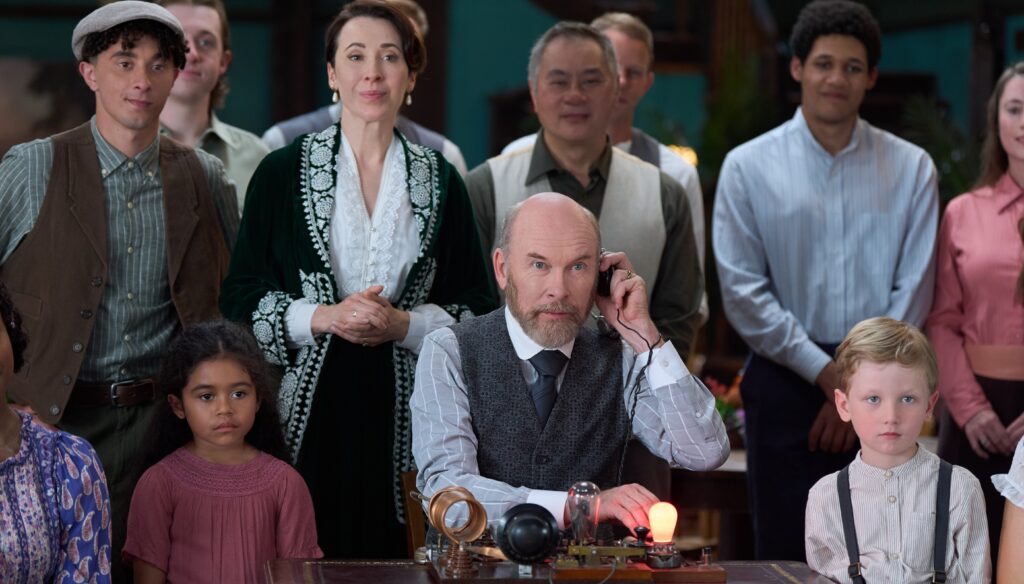
At age 37, Kathy Giusti was happily married with a 1-year-old when she heard the grim phrase from her doctor: “You have cancer.”
“The word hits you like a sucker punch. The fear and anguish are immediate for you and those that love you,” Giusti says. “And worse, nothing prepares you for this. You don’t know where to turn.”
She was diagnosed with multiple myeloma. It was 1996, she explains, when people with this diagnosis had an average of three years to live. She could see empathetic yet hopeless looks in the people she told. They knew she was racing against an uncontrollable clock. It felt like a death sentence, she says.
As Giusti grappled with her fate, she learned that there was more to this battle than the diagnosis. There were numerous mental and emotional burdens to navigate—from telling your children about the diagnosis to searching for the right doctor. While she was lucky to get a stem cell transplant from her identical twin sister that helped save her life, her experience propelled her to become a resource for those managing the complex emotional and medical decisions following a cancer diagnosis.
“I think the greatest challenge for me wasn’t just the diagnosis of cancer,” she tells Fortune. “It was the diagnosis of such a fatal cancer.”
For over 20 years, Giusti has worked as a leader in the cancer research space, and as a mentor and coach. She founded the Multiple Myeloma Research Foundation in 1998 to help people navigate the diagnosis, providing patients with education and nurse navigators for support. The foundation developed a tissue bank and genome biobank to propel research forward and has raised over half a billion dollars, aiding the development of 15 new therapies.
Cancer is a leading cause of death, according to the World Health Organization (WHO), responsible for upwards of 10 million deaths in 2020. And today, those under 50 face cancer diagnoses at higher rates, researchers report. This year, over 35,000 people will be diagnosed with multiple myeloma, and over 12,000 will die from it, the American Cancer Society predicts.
Giusti often receives phone calls from people immediately following their diagnosis. They sound frightened. She shares her own experience to form a bond while also explaining trusted resources, websites, and if it’s relevant, the frustration that comes with getting conflicting advice from doctors and loved ones. She’s also been a resource for notable names like Tom Brokaw and Dick Parsons.
“I should have taken 72 hours to process everything”
Being at the forefront of the research has allowed Giusti to help the people she coaches know which resources they should lean on—and which to forgo.
“They immediately go to the computer and they start putting things in and it will take them down so many rabbit holes and spaces that may not be the most helpful for them,” she says.
As Sahar Paz, a cancer survivor and CEO of Own Your Voice Strategy, a brand strategy firm, puts it, “Don’t Google without direction,” whether that direction stems from someone who has been in your shoes or a doctor.
Paz learned the importance of validating the trauma of the diagnosis—and the mental health impact of such a significant life change.
“As a Stage 3 cancer survivor with an aggressive cancer, what I learned is that I should have taken 72 hours to process everything before making decisions about my treatment plan,” she says, adding that it’s important to slow down and breathe.
Education, a health plan, and a team
Giusti wants people to know that a support team is imperative, especially for those with ongoing battles like herself. She was diagnosed with early-stage breast cancer after surviving multiple myeloma and is currently in treatment.
“It’s a gift to say I actually need counseling, therapy, or support,” she says. “You shouldn’t feel like this is something you need to take on all by yourself.”
After receiving results, Giusti also recommends people prioritize their care team. That means knowing which places specialize in different cancers and being open to receiving help from loved ones. It can look like someone tagging along to your appointments to take notes, transporting you to and from the hospital, managing your health accounts, or picking up your kids from school so you can focus on your care.
“You have to give people you care about their marching orders,” Giusti says. “It’s usually a gift for them to help. It’s not a burden.”
Even after cancer goes away, the fear of the unknown can linger, making it even more apparent to Giusti that people continue to face mental health challenges after having a life-threatening or life-altering diagnosis. And she hopes to convey that people don’t have to feel alone.
“You’re always walking on eggshells when the next diagnosis comes in, like, Oh, my God, am I going to have to ride this roller coaster again…You still have that knot in your stomach whenever you’re waiting for your test results,” she says. “And you’re wondering what’s going to happen. I still do that every eight weeks for myeloma.”
To manage some of this uncertainty, she encourages people to have an ongoing relationship with their primary doctor, who knows the family history and the potential risk factors that can warrant specific diagnostic testing. This is important for prevention and for someone with a specific diagnosis.
An ongoing relationship with a doctor can also help remind people to schedule annual mammograms or colonoscopies, for example. Mammograms have prevented cancer mortality by 40%, and depending on age, race/ethnicity, and risk, people may need different types of screening.
Learn how to navigate and strengthen trust in your business with The Trust Factor, a weekly newsletter examining what leaders need to succeed. Sign up here.


























